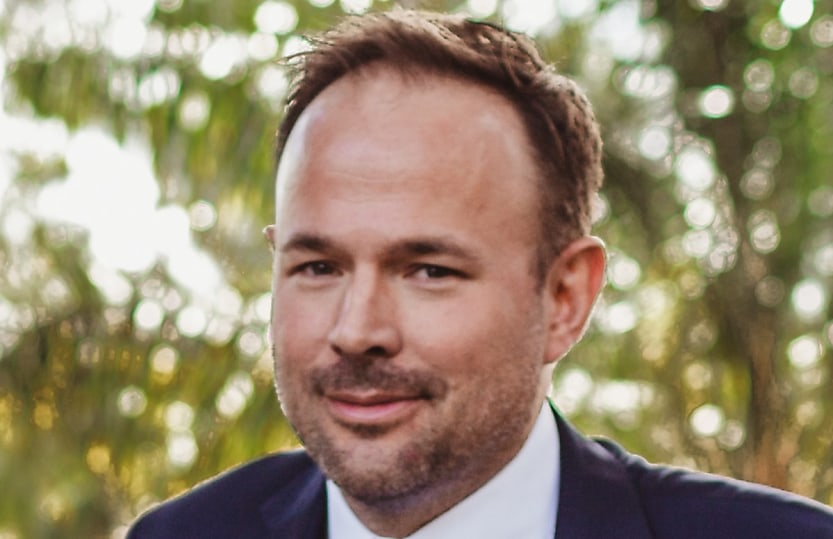‘Healthy scepticism essential’ to avoid AI pitfalls

The technology has limitations and needs guardrails, says Damien Greathead of Intuit Quickbooks, but it’s better to get started sooner rather than later.
Healthy scepticism and guardrails are essential for the successful take-up of artificial intelligence as accountants and clients navigate its potential, says the leader of the accountant and adviser group at Intuit Quickbooks, Damien Greathead.
He said those who had experimented with ChatGPT and its peers were aware of its ability to mislead – convincingly – but accountants were as alert to the pitfalls as any profession.
“It does come with those warnings – we have to go through actual training to recognise that there's bias involved in terms of what the responses might look like,” Mr Greathead said on the lastest Accountants Daily podcast.
He said Intuit had a special studio where it tested its AI systems in a safe environment and guardrails were essential to prevent missteps. Moreoever, accountants typically wanted to review material until repeated use built confidence in the result.
“Those folks who say AI will replace accountants, they don't have that healthy scepticism and they're probably not checking and recognising things like bias and authenticity and fact checking.
“I'm less worried about that because I do think there are good guardrails in place and again I don’t think AI is replacing accountants, it’s enabling them.
“As long as we approach, say AI, ChatGPT, etc, with those guardrails, with recognition that it's not as easy as just plugging something into the computer and away you go but using it as one of the tools in your toolkit from a client service perspective, from a firm efficiency perspective, then I think it's a really great opportunity for accountants.”
“I think it's all about the tasks that you're looking to leverage AI for. And you will have a risk profile associated with how much you want the computers to do.”
Like other technology, it was important to recognise where the promise ended and the reality began.
“I think there is that element of that over-promise, overselling. But overselling what AI can do today versus actually just understanding that there are certain limitations and there are certain things that AI does incredibly well today.
“What it does in six months time will be markedly different from what it does today.
“But I'd much prefer to put my toe in the water today and sort of test it out and become more comfortable with it, put those guardrails in place, put the sort of do's and don'ts for my firm, put them in place now, because that will evolve and that will change as the technology evolves.”
About the author

